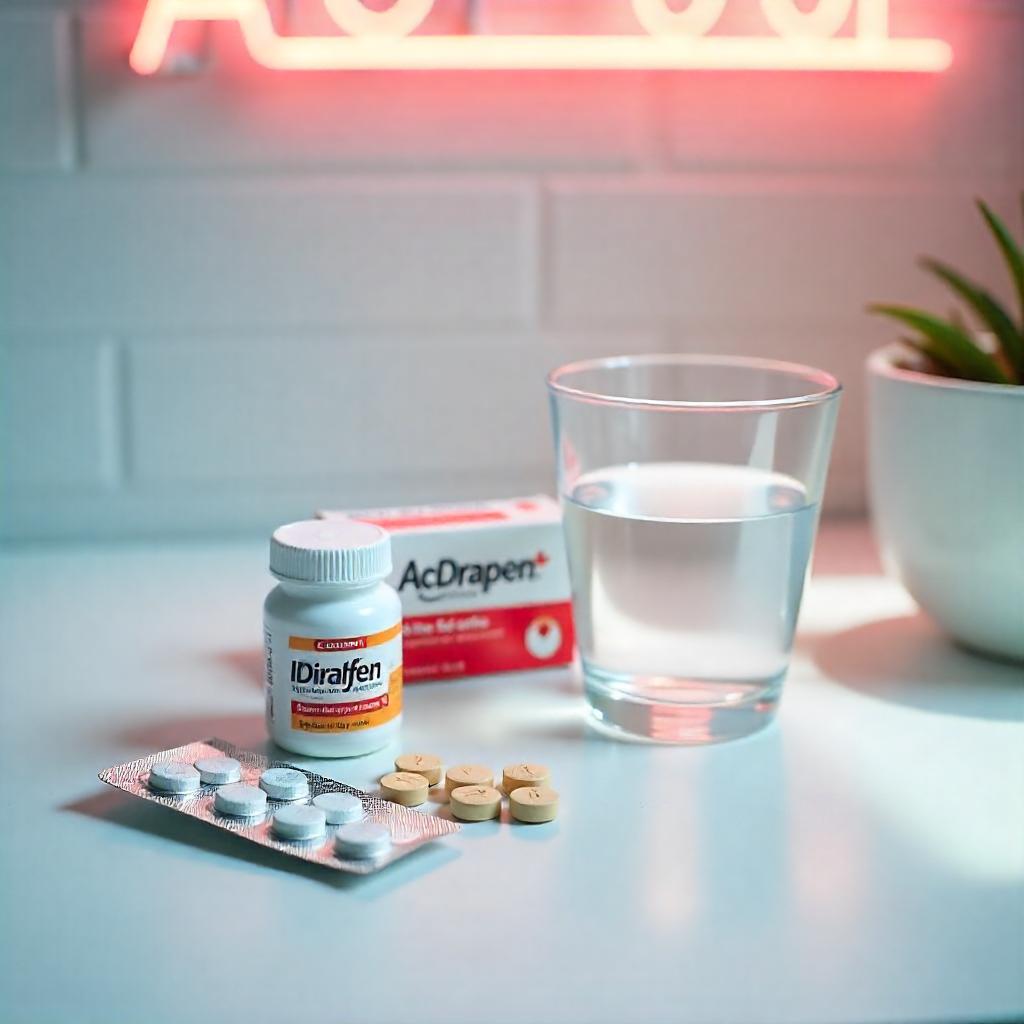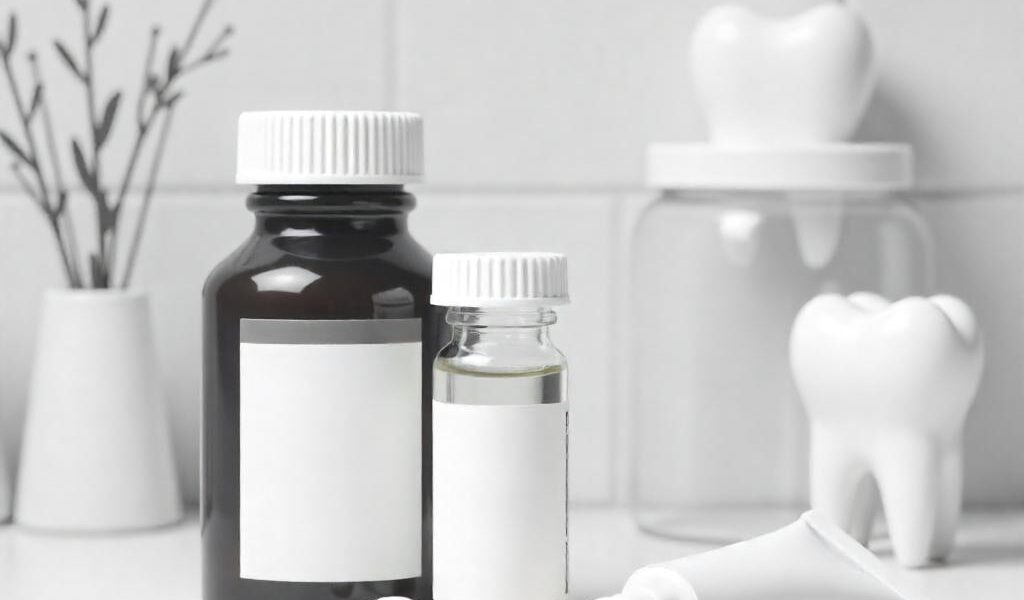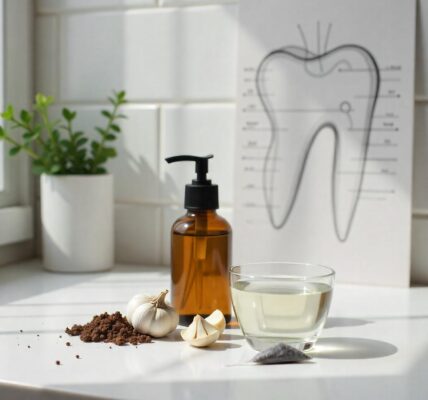Toothaches can strike suddenly and disrupt daily life with throbbing pain, sensitivity, or discomfort. Finding effective relief often means identifying the right medicines to address the symptoms or underlying cause. This guide outlines the best toothache medicine options, focusing on both over-the-counter and prescription remedies to help you make informed choices.
What Causes Toothaches?
Toothaches can result from several factors, including:
- Cavities (tooth decay) penetrating the enamel and dentin.
- Gum Disease causing inflammation and discomfort along the gumline.
- Cracked Teeth exposing sensitive inner layers.
- Tooth Abscesses, which are bacterial infections leading to swelling and intense pain.
- Teeth Grinding (bruxism) bringing stress to dental nerves or enamel.
Understanding the cause is crucial for selecting the most effective treatment. If pain persists, consult a dentist without delay.

Over-the-Counter (OTC) Toothache Medicine Options
OTC options are often the first line of defense for managing toothache pain. These remedies can reduce discomfort and inflammation until professional care can be obtained.
1. Acetaminophen (Tylenol)
Acetaminophen is a pain reliever that works by blocking pain signals to the brain.
- Best For: Mild to moderate toothaches.
- Consideration: Avoid combining with alcohol to prevent liver damage.
2. Ibuprofen (Advil, Motrin)
This nonsteroidal anti-inflammatory drug (NSAID) effectively reduces pain and swelling.
- Best For: Toothaches caused by dental inflammation, such as those stemming from gum disease or injuries.
- Tip: Alternate ibuprofen with acetaminophen every 2–3 hours for severe pain (consult a healthcare provider first).
3. Aspirin
Known for its anti-inflammatory and analgesic properties, aspirin can relieve swelling and tooth sensitivity.
- Warning: Do not place aspirin directly on the tooth or gums, as it can cause irritation to oral tissues.
4. Topical Benzocaine Gels (Orajel, Anbesol)
Benzocaine numbs the affected area by blocking nerve signals.
- Best For: Immediate, short-term relief for localized pain.
- Precaution: Avoid overuse, as benzocaine can irritate mucous membranes.
5. Clove Oil
This natural remedy contains eugenol, a compound with anesthetic and antimicrobial properties.
- How to Use: Dab a small amount on a cotton swab and apply it to the sore area.
- Best For: Temporary relief until further treatment is available.
Prescription Toothache Medication Options
When toothache pain is severe or linked to an infection, prescription medications may be necessary.
1. Antibiotics
Dentists prescribe antibiotics to treat dental infections caused by abscesses or advanced gum disease. Some common options include:
- Amoxicillin: Highly effective for bacterial infections.
- Clindamycin: Often chosen for patients allergic to penicillin.
- Metronidazole: Used for anaerobic bacterial infections.
- Important Note: Antibiotics address the infection, not the pain. Always complete the full course as prescribed.
2. Stronger NSAIDs or Pain Relievers
Prescription-strength ibuprofen or acetaminophen can be prescribed for severe cases. Additionally, codeine or hydrocodone might be recommended for short-term use in extreme discomfort.
- Warning: These opioids carry a risk of dependency and side effects like dizziness or nausea. They are usually a last resort.
3. Desensitizing Toothpaste
For pain stemming from dental sensitivity, prescription desensitizing toothpaste containing higher fluoride levels or potassium nitrate can be recommended.
- Best For: Patients with exposed dentin or gum recession.
Home Remedies to Complement Toothache Medicines
While medicines can alleviate the pain, home remedies may provide additional relief alongside them.
1. Saltwater Rinse
A warm saltwater solution cleans the mouth and soothes inflamed gums.
- How to Use: Mix half a teaspoon of salt with warm water and rinse 3–4 times daily.
2. Cold Compress
An ice pack applied to the outside of the cheek can reduce swelling and numb discomfort.
- How to Use: Hold the compress against the affected side for 15 minutes.
3. Hydrogen Peroxide Rinse
Hydrogen peroxide can kill bacteria and reduce plaque.
- How to Use: Dilute 3% hydrogen peroxide with equal parts water and rinse (do not swallow).
Choosing the Right Toothache Medicine
Selecting the right remedy depends on the nature and intensity of the pain.
- For Mild Pain: Begin with OTC options like ibuprofen or acetaminophen.
- For Localized Discomfort: Consider topical gels or desensitizing toothpaste.
- For Severe Symptoms or Signs of Infection: Seek advice from a dentist who may suggest stronger painkillers or antibiotics.

Preventing Toothaches
Prevention is always better than treatment. Here are practical tips to reduce the likelihood of tooth pain in the future:
- Maintain Strong Oral Hygiene: Brush twice daily with fluoride toothpaste and floss regularly to prevent decay and gum disease.
- Visit the Dentist Frequently: Routine checkups detect problems early. Aim for appointments every six months.
- Avoid Teeth Grinding: Use a mouthguard if bruxism is an issue.
- Limit Sugary Foods: Reduce sugar intake to minimize the risk of cavities.
When to See a Dentist
While medications help, they are not a permanent solution for toothaches. Visit a dentist if:
- The pain lasts longer than 48 hours.
- Swelling or fever accompanies the discomfort.
- The ache interferes with eating, sleeping, or daily activities.
Prompt dental care can address the root cause and ensure long-term oral health.
Final Thoughts
Toothache medicines offer diverse solutions for managing pain, inflammation, and infections effectively. By selecting the right OTC or prescription treatment based on the severity of the condition, you can experience faster relief. Be proactive about oral health and seek professional care when necessary to address the underlying causes of pain. Take control of your oral well-being today and say goodbye to lingering toothache troubles.





